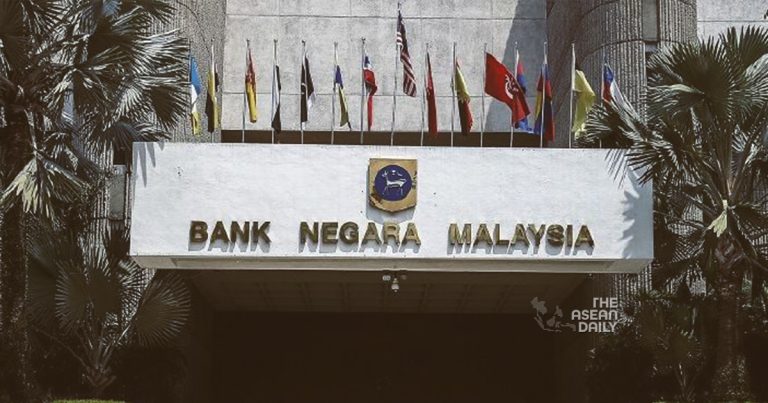19-1-2024 (KUALA LUMPUR) Bank Negara Malaysia (BNM) is anticipated to keep its overnight policy rate (OPR) steady at 3.00 per cent on January 24. The consensus among 28 economists is that the central bank will maintain this rate until at least the end of 2025, despite easing inflation and steady economic growth.
The decision to keep the OPR unchanged follows a cumulative increase of 125 basis points between May 2022 and May 2023, which aimed to address inflation concerns. However, with inflation easing to 1.5 per cent in November, the lowest since March 2021 and well below the government’s estimate of 3 per cent-4 per cent for 2023, the urgency for further policy adjustments has diminished.
The Malaysian ringgit’s recent appreciation of nearly 3 per cent against the U.S. dollar in 2024, amid expectations of aggressive rate cuts by the U.S. Federal Reserve, has also reduced the pressure for immediate policy easing by BNM.
All economists polled unanimously predicted that BNM would maintain the key interest rate at 3.00 per cent in the upcoming meeting, marking the fourth consecutive meeting with no changes. The survey indicates that this rate will likely remain untouched until at least 2026, with only four out of 26 economists expecting a rate cut this year.
Alex Holmes, lead economist at Oxford Economics, noted, “The BNM sees policy as already slightly accommodative. It would likely take a material growth slowdown to nudge the bank into making policy more supportive.”
While the economy expanded by 3.3 per cent annually in Q3 2023, projections suggest growth rates of 4.5 per cent and 4.6 per cent for 2024 and 2025, respectively, exceeding the 4.1 per cent recorded last year.
In terms of inflation, concerns persist as economists predict a spike in the coming quarters, with an average of 2.5 per cent in 2024 and 2.4 per cent in 2025. Vincent Loo, senior economist at KAF Research, highlighted potential contributing factors, stating, “Inflation is likely to creep up due to recently announced government measures, such as a 2 per cent services tax hike, removal of subsidies for selected food and energy items…and a 5-10 per cent luxury goods tax.” These measures are expected to constrain the potential for policy easing by BNM.




